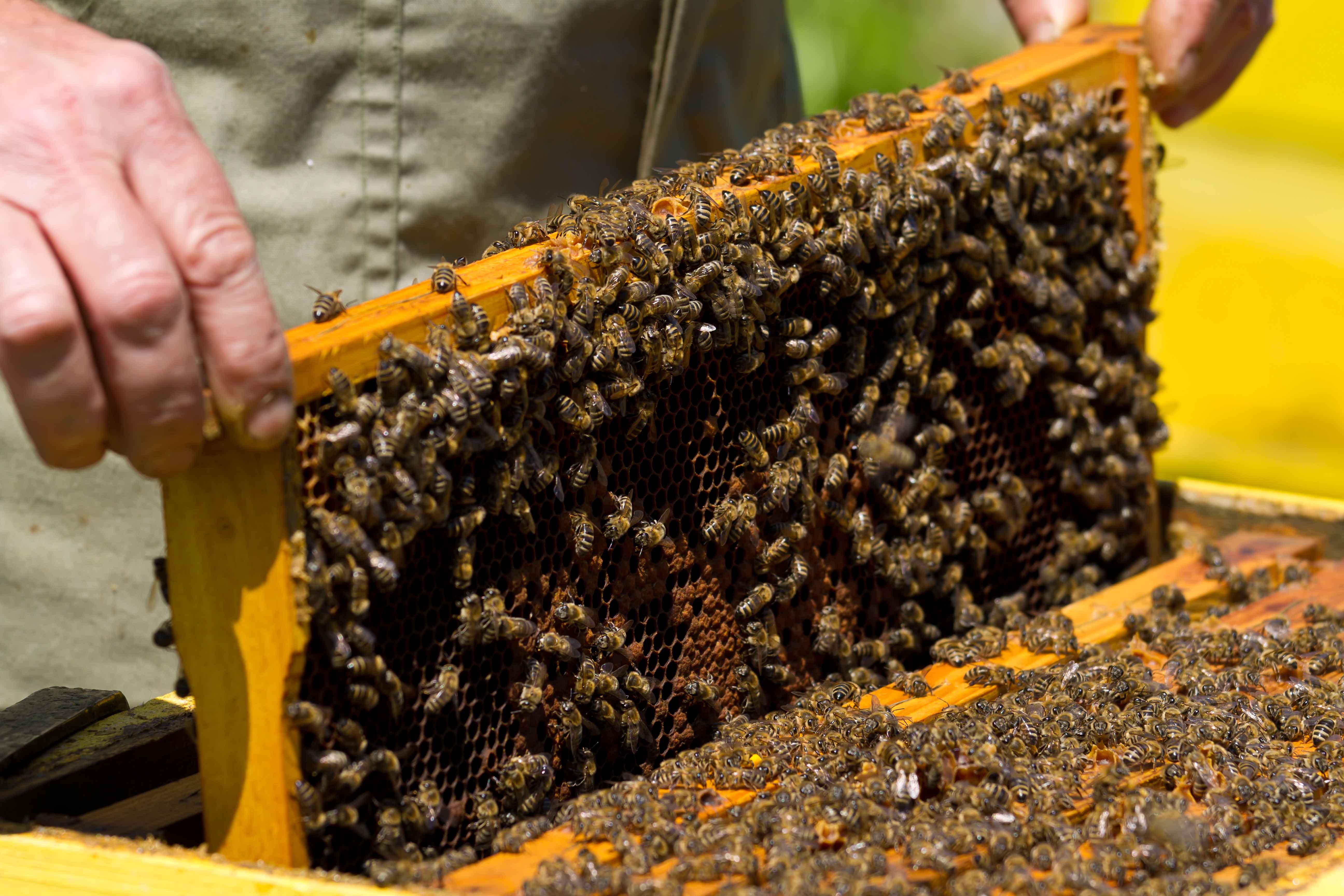News release, March 10, 2017
The New Zealand Colony Loss and Survival Survey is an important tool in monitoring the health of honey bees, which are the lifeblood of New Zealand’s primary sector.
“Not only does the honey bee provide us with a great source of natural food, it also plays a critical role as a commercial pollinator in our agriculture and horticulture sectors,” says Karin Kos, Chief Executive of Apiculture New Zealand.
“For these reasons, it makes good sense to monitor honey bee health and any threats to them, and Apiculture New Zealand is pleased to see industry members support and take part in the survey.”
“Just under 10 per cent of colonies were lost in New Zealand last year, consistent with the results obtained in 2015, and low to average when compared to international results.
“New Zealand’s history of good beekeeping practice, along with this country’s strict pest management regime and good biosecurity, have helped contribute to a thriving beekeeping industry.
“There is no room for complacency though, as our industry rapidly grows in size and value[1], our ongoing challenge will be ensuring growth is managed sustainably, and our honey bee colonies remain healthy.
“For that reason, it’s important we continue to support the survey to help gain a better understanding of trends and emerging challenges around colony losses. This will help inform any further research or action needed,” says Ms Kos.
The full report can be read here on the MPI website: http://www.mpi.govt.nz/growing-and-producing/bees-and-other-insects/bee-colony-loss-survey/
________________________________
[1] Number of registered beehives in New Zealand stands at 787,310 hives as at February 2017 (compared to 313,339 hives in June 2007). New Zealand honey export revenue was $315 million in 2016.

